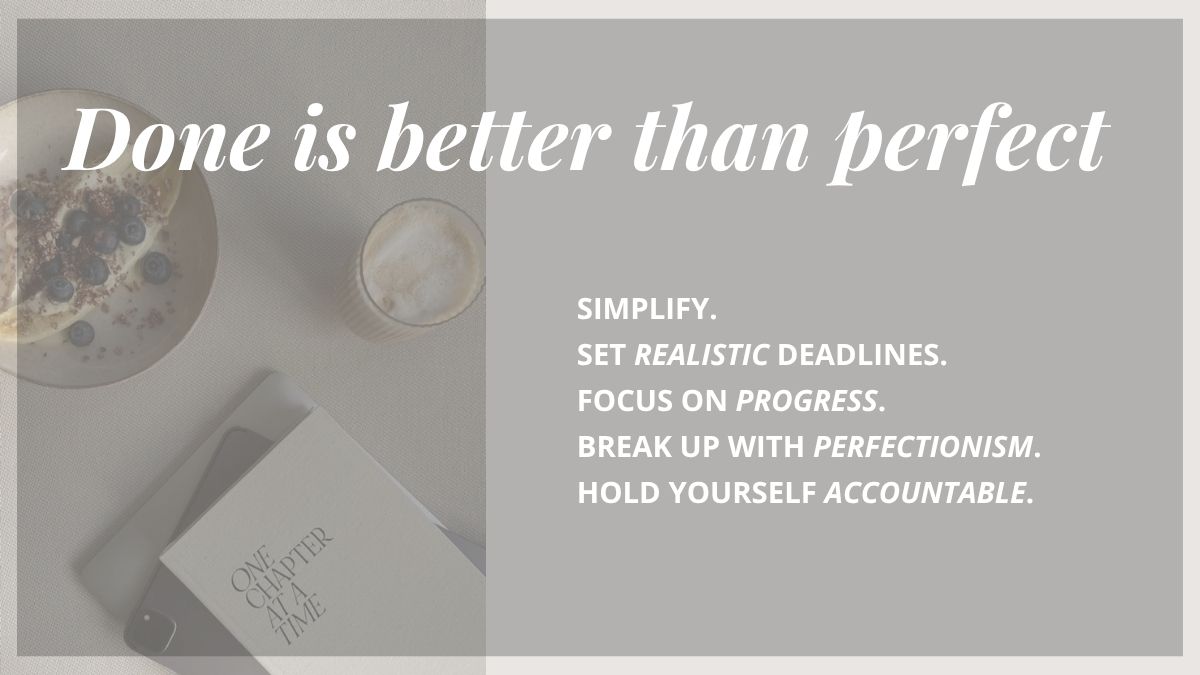Why Do I Procrastinate? The Science & Strategies To Overcome Procrastination
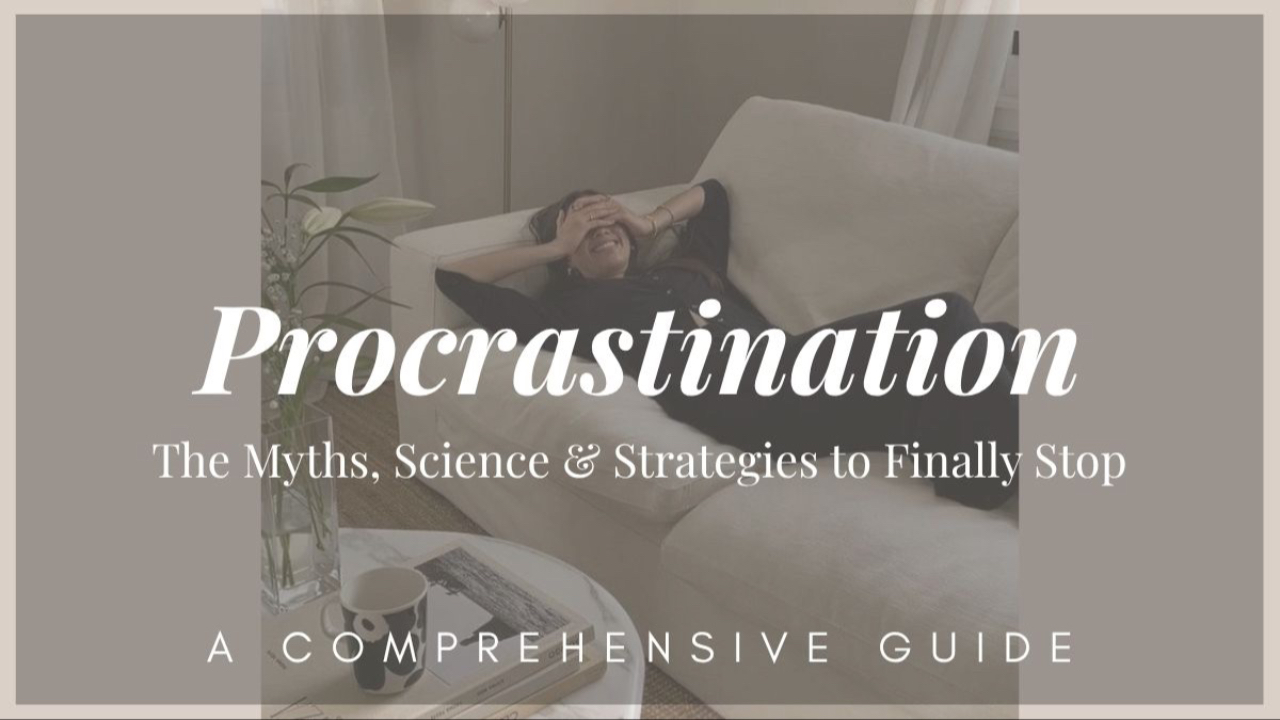
If you’ve ever put something off—not because you didn’t care, but because you felt stuck, overwhelmed, or uncertain—you’re not alone. Procrastination affects nearly one in five adults and is far more than a time management issue. It’s often rooted in the nervous system, emotional patterns, and subconscious beliefs. This article will explore why adults procrastinate, backed by recent statistics and psychology research, and offer actionable ways to break the cycle.
TABLE OF CONTENTS
What Is Adult Procrastination?
Procrastination is the voluntary delay of important tasks despite knowing the delay may cause harm.
For adults, this can mean postponing work deadlines, financial planning, household chores, or healthcare appointments. It’s not laziness or poor time management, but rather an emotional coping mechanism to avoid anxiety, fear of failure, or overwhelm.
How Common Is Procrastination Among Adults?
- Approximately 20% of adults are chronic procrastinators who regularly delay tasks, often to the detriment of their goals.
- Nearly 50% procrastinate on household chores, and 60% delay healthcare appointments.
- 45% procrastinate at work daily, affecting productivity and career advancement.
- Adults lose around 6 hours per week (one full workday) to procrastination.
- The cost of procrastination is estimated at $8,000–$10,000 annually per employee due to inefficiencies and delays.
How to Recognize Your Procrastination Patterns
-
Identify which tasks you delay most (e.g., finances, emails, chores).
-
Observe emotional triggers, such as fear, boredom, or perfectionist doubts.
- Note when and where it happens (e.g., during certain times, places, or situations)
-
Track your procrastination behavior using a journal or note-taking app to identify the pattern.
Awareness is your first step toward breaking the cycle.
The Psychology and Causes Of Procrastination
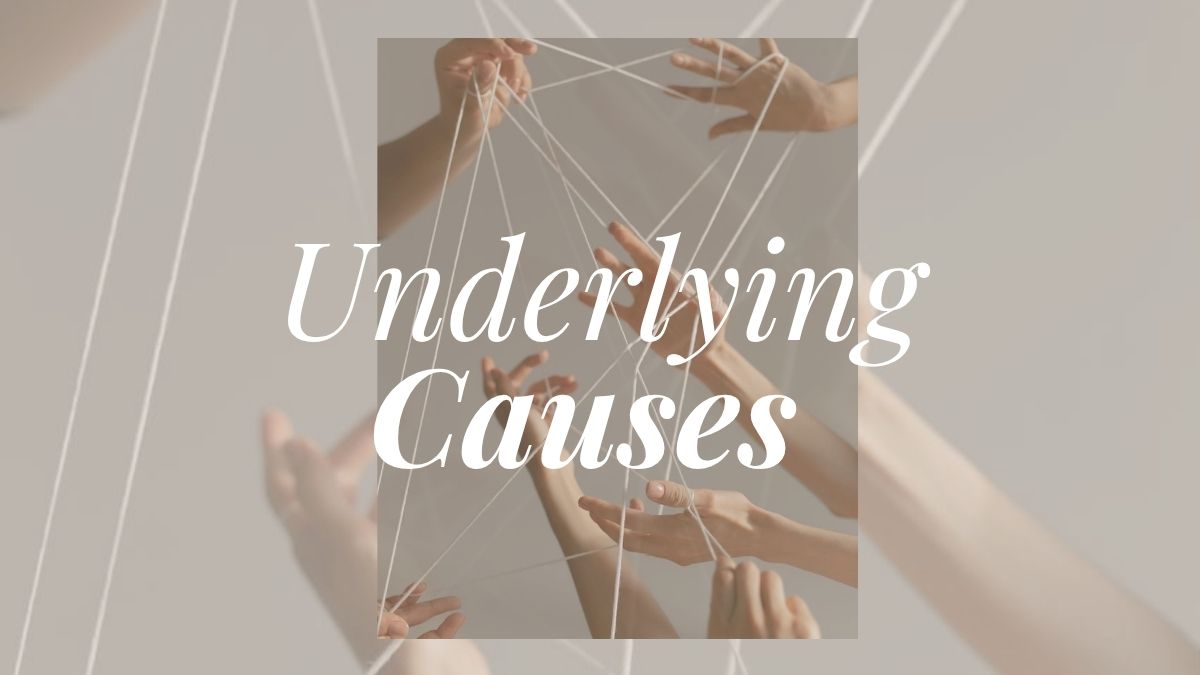
Procrastination is primarily driven by emotional, not logical, obstacles:
-
Fear of failure, judgment, and criticism triggers anxiety that leads to avoidance.
-
Perfectionism makes you delay tasks to avoid being punished or shamed for imperfect results.
-
Overwhelm or low self-confidence dampens motivation to act.
-
Distractions (especially digital temptations) hijack attention by causing frequent breaks from work. Approximately 50% of procrastination occurs online. This is particularly common in less structured environments, such as at home.
-
A biological conflict exists between the brain's limbic system (seeking immediate comfort) and the prefrontal cortex (long-term planning), making emotional impulses often override rational plans.
-
Mental health conditions such as ADHD, anxiety disorders, and depression can worsen procrastination by impairing mood and executive function.
When It Signals Misalignment
Sometimes, procrastination related to work is not just about your emotional avoidance of a task, but it's actually your body's way of saying, “This work or job as a whole isn’t aligned with me.”
This emotional alert often appears when you’re trying to do work that’s out of sync with your values or purpose, also known as misalignment:
-
Cognitive dissonance between what you value and what you do creates internal stress.
-
Emotional drain from masking your authentic interests or forcing enthusiasm.
-
Lack of fulfillment makes even small tasks feel meaningless.
Ignored, this misalignment can deepen, leading not just to procrastination but to full-on burnout.
If you suspect this might be your case, learn more about how to get into alignment and avoid burnout.
The Procrastination Cycle
The procrastination cycle often looks like this: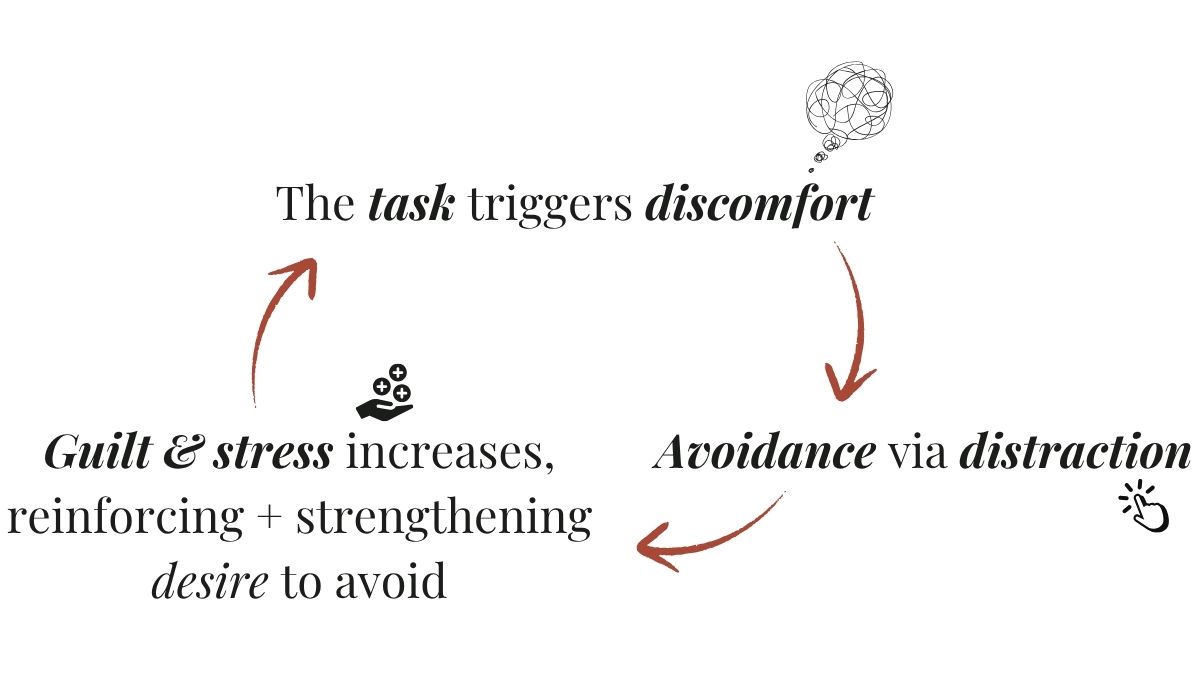
-
You face an unpleasant task and feel discomfort (anxiety, stress, or overwhelm).
-
You avoid the task and seek short-term mood relief through distraction (e.g., checking social media or watching videos).
-
This avoidance temporarily reduces the discomfort but creates guilt and stress over the delay. The increased negative feelings associated with the task then strengthen the desire to avoid it even more, reinforcing the avoidance.
This cycle is what makes procrastination feel like a habit that is hard to break.
What’s Procrastination Actually Costing Us?
Work: lower productivity, missed deadlines, and slower career advancement affect about half of working adults who regularly procrastinate.
Finances: Procrastinating on bills, tax filings (31% in the US), and retirement savings (about 49% delay saving) leads to penalties and lost long-term wealth.
Health: Delaying medical appointments or treatments increases health risks (60% admit to this behaviour).
Mental Well-being: Chronic procrastination contributes to higher stress, anxiety, depression, and reduced life satisfaction (with 94% of procrastinators reporting negative emotional effects).
Common Misconceptions About Procrastination Debunked
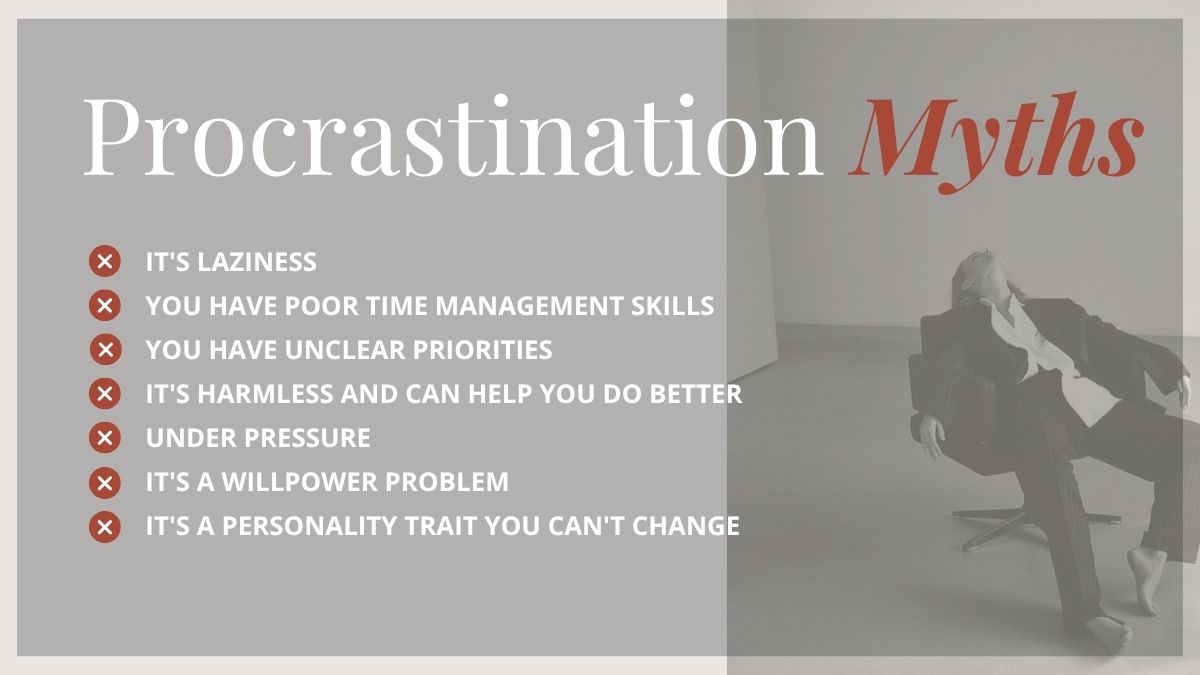
❌ Procrastination Means Laziness.
✅ It's an emotional regulation problem that has nothing to do with being lazy. Many procrastinators juggle multiple responsibilities and commitments and delay tasks not because they want to avoid work but because they feel overwhelmed, anxious, or uncertain. Knowing this shifts the focus from self-blame to understanding and managing the feelings behind the delay.
❌ It’s Just Poor Time Management.
✅ There's a common idea that procrastinators need better time management skills, but the studies reveal that a lack of time is actually not the issue. The real obstacle is the difficulty in managing negative emotions associated with the task (such as stress, self-doubt, or boredom). Time planners or habit trackers help organize your time, but won't address the emotional root causes behind the procrastination.
❌ It Signals Unclear Priorities Or Poor Planning.
✅ Procrastinators often know what’s important and how to plan accordingly, but still avoid the task. What they're really avoiding are the emotions triggered by the task. This avoidance often gives them excuses or "procrastination permission" to help temporarily reduce the guilt.
❌ Procrastination Is Harmless or Can Help You Work Better Under Pressure.
✅ Some argue that procrastination boosts creativity or productivity because of the time pressure. However, studies show it usually leads to reduced quality, increased stress, and overall lower satisfaction. The "improved performance under pressure" justification is more likely another form of a "procrastination permission slip" to reduce feelings of guilt.
❌ It's Just a Willpower or Motivation Problem.
✅ Blaming procrastination on a lack of willpower oversimplifies it deeply. It's less about discipline and more about unconscious beliefs, fears, and emotional struggles. Addressing procrastination means identifying and reshaping these underlying patterns, not just “trying harder.”
❌ It’s a Fixed Personality Trait.
✅ Many people believe procrastination is unchangeable. However, modern psychology and neuroscience demonstrate that this is false, as your personality is not fixed. Procrastination is a behavior shaped by emotional and cognitive factors that respond well to strategies like mindfulness, cognitive-behavioral techniques, habit formation, and awareness-building. Change is absolutely possible and highly effective with professional support.
Science-Backed Strategies to Overcome Procrastination
-
Break tasks into micro-steps (Pomodoro technique) to simplify.
-
Set realistic goals + deadlines to reduce overwhelm.
-
Make your environment focus-friendly — remove digital temptations and other distractions.
-
Practice self-compassion to reduce shame loops.
-
Utilize accountability systems (partners, check-ins, reminders) to ensure follow-through.
-
Challenge perfectionist thinking: progress matters more than perfection.
-
Support your mindset and nervous system with mindfulness, gentle movement, and breathwork to regulate your mood.
Rapid Transformational Therapy (RTT) to Stop Procrastination

Rapid Transformational Therapy offers a powerful tool for achieving lasting behavioral change by addressing the subconscious roots of procrastination. With guided hypnosis, RTT helps uncover:
-
Hidden fears (e.g., fear of failure, rejection)
-
Childhood programming around performance
-
Deep-seated limiting beliefs
Once revealed, these are reprogrammed using personalized affirmations and integrative coaching sessions, helping clients rebuild self-trust, focus, and follow-through.
RTT is especially effective because procrastination stems from emotional wounds, rather than just poor planning. If traditional productivity strategies haven’t worked, RTT offers a deeper way forward. 🌿
TL;DR
Procrastination is a habit that can be changed.
The practical strategies to overcome procrastination work in many cases (depending on the cause of your procrastination). However, if they don't help, it's time to examine what's driving the avoidance behavioral pattern beneath the surface to resolve it.
By meeting it with understanding, emotional insight, and intentional changes, you can break patterns, protect your well-being, and act from alignment and self-trust, not guilt or fear.

